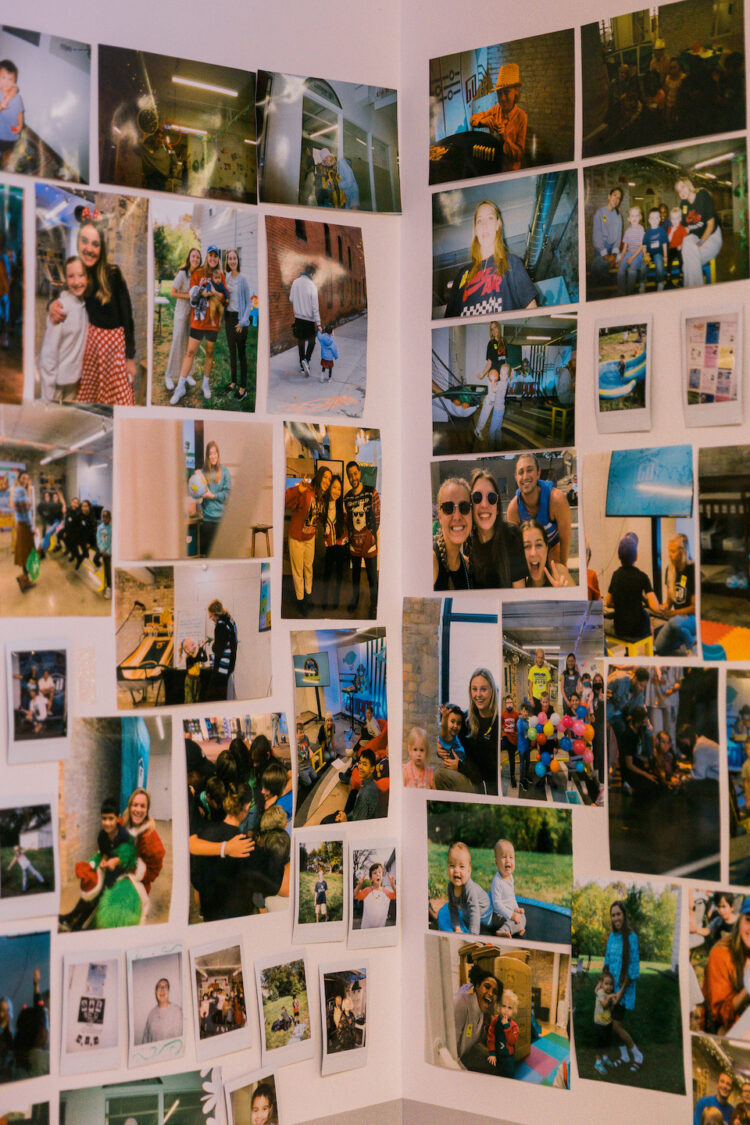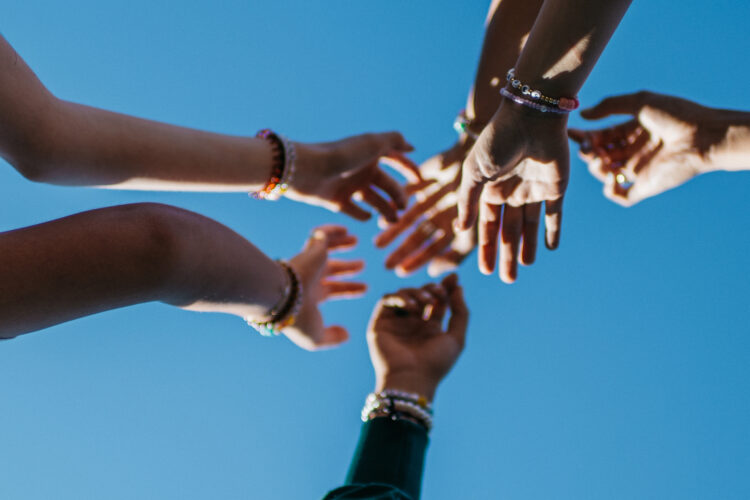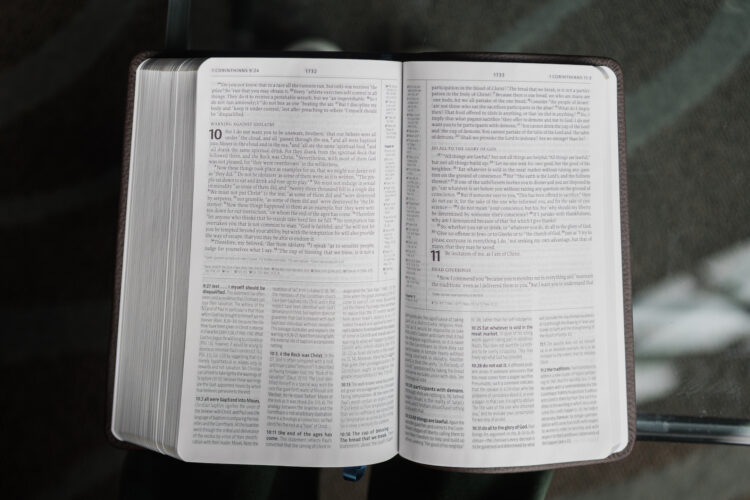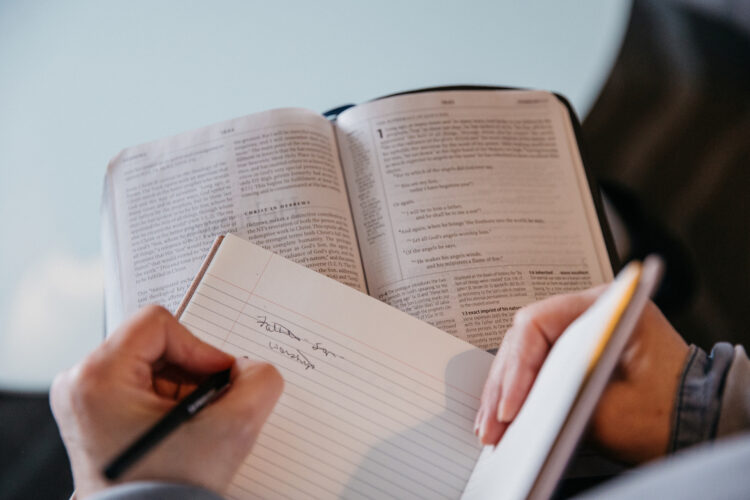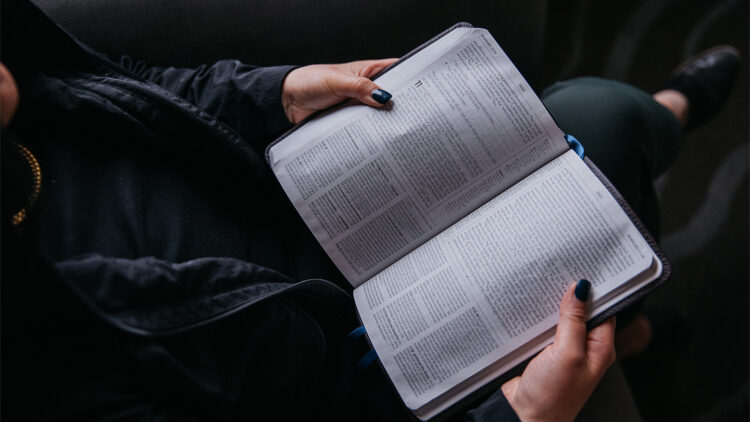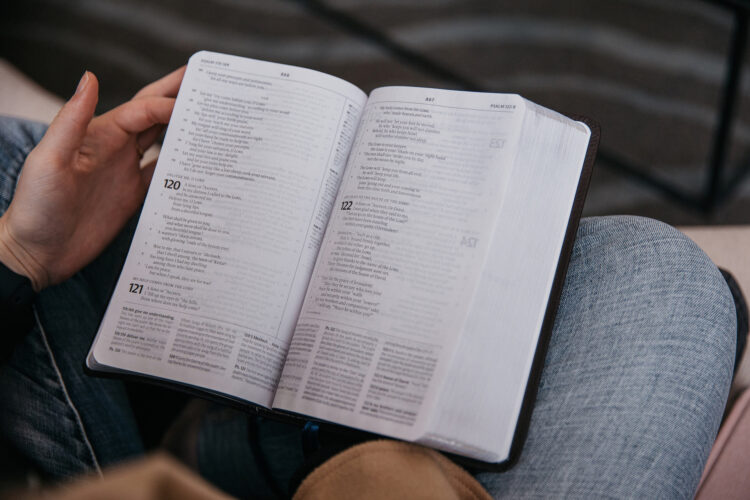What a week. It’s the only words I could muster to describe what transpired in Minneapolis and St. Paul over the last 7 days. The irony is it’s the same words I used to describe the onset of a global pandemic that shook the very core of life as we knew it almost 3 months ago.
Once again, our lives are being shook, and this time, as a person of color and a resident of South Minneapolis, it hits closer to home than I ever dreamed.
My first home was not the United States. I was born in a country torn by racial injustice—an injustice, called Apartheid, that only lifted as the law of the land when I was 7 years old. In other words, I grew up in a nation (South Africa) where racial inequality, disempowerment, and injustice were hard-coded into its law and order.
The color of your skin mattered.
It defined what busses you could ride, what stores you could shop at, what schools you could attend, what bathrooms you could use. That was the life my parents lived. It was the life the grandparents lived. It’s a life that stretched back generations before me, and what the last days in our city seem to suggest is that that kind of injustice and pain stretches on to today.
Sure it’s not explicitly coded into the law in South Africa or America anymore that the color of your skin should determine the course and opportunity of your life. No where in the American or South African Constitutions will you find obviously discriminatory language, yet the lived experience of people of color is that the realities of prejudice and injustice are obviously real.
George Floyd puts that on painful display. And the ensuing protests, riots, destruction, and anger reverberate a harrowing message to all of the world that something is not okay.
The color of your skin does appear to matter.
I know incredibly well-meaning people that wish this was not the case, but can I tell you as a person of color, I am convinced it happens all the time.
My wife and I and our three mixed children live about 10 blocks from the epicenter of the third precinct here in South Minneapolis. On Thursday night, that police station went up in flames, and it stoked the escalating unrest that eventually led to the full deployment of our National Guard to try to bring back some sense of order and normalcy—-normalcy that was already under siege by Covid-19.
For the first couple nights of protests and riots, we felt safe. Our street is quietly tucked in off major thoroughfares. I could hear sirens and news choppers above, sometimes I would get a smell of smoke depending on the changing winds, and as I looked up into the sky there were faint pillows of smoke disintegrating into the air.
The chaos and the frustration were out there, but then I started to feel something in here—in me. It reminded me that the world is full of broken systems, broken people, and broken attempts to try to get back to normal. The problem with normal, whether it was the pre-covid normal or the pre-George Floyd normal, is that normal to some is the antithesis of what life should be.
Normal for my parents and grandparents and even me living in South Africa during Apartheid was gut-wrenching. It drove the point over and over again that your skin color is the very reason your future has a ceiling. That’s why my dad took a courageous step in 1996. He didn’t want a ceiling on our lives, so we moved to a country that promised something different. It promised the realization of a dream that if you worked hard enough, the sky is the limit.
Our family took America up on that dream, and for us, it appeared to work. We found success, and the color of our skin didn’t feel like a hindrance or barrier for our story.
But maybe we were one of the lucky ones. Maybe we caught some breaks. Maybe God protected us from experiences and situations that would have made it felt like all we did was move continents.
I can’t know the fullness of why our experience is the way it was and is, but as I listen to friends who are African American in this country, I know their story. I know it ancestrally, and I know it personally. I know their reality isn’t concocted or fabricated. It is real, and George Floyd’s unjust and despicable death painfully lifted a veil on my own eyes.
My life was just going on like everyone else’s. I had kids to take care of, a lawn to mow, a job to get to, bills to pay. But then race riots broke blocks from my house, incited by a murder that also happened blocks from my house, and all of a sudden, I can’t ignore what’s happening anymore.
Not because it’s on the news or on the internet. But because it’s here. I can see it, smell it, hear it, taste it, feel it.
And it transported me back to a narrative that is as old as time. Ethnic cleansing, slavery, power-mongering, institutionalized racism, systemic injustice, global pain—it’s in the Bible, it’s in ancient history, it’s in modern history, it’s here today, and the question I’m left with is…how do we move it forward?
The week we just had in Minneapolis is not a new week. It happened many times before, in many different places, with many different people. Will this be the one to end it all? My pessimism says not a chance, but my optimism believes in a God who says anything is possible.
I want to take Him up on that promise. I want that possible.
I want to see a possible where the color of your skin matters, but not in the way it has up to this point in history.
I want my skin color to matter to people. I want them to see me for who I am. That I have an ancestral story. That I have clothing and food that is uniquely celebratory of my family and heritage. That I have customs and traditions and perspectives that contribute to society in ways that make us better together, even though those ideas may not always sound obvious.
And that’s exactly the point.
We can get so focused on our way of thinking, doing, and being that we fail to realize there are other ways or options or approaches. And those approaches may actually be better suited to navigate the times ahead.
Maybe one of the reasons we haven’t moved as forward as any of us would have hoped on matters of race and injustice is because the voices of people of color aren’t always heard. Maybe that’s why the riots come sometimes. Indeed, Dr. Martin Luther King once said, “A riot is the language of the unheard.”
Maybe some riots are a painfully broken way to call us to a new future. In fact, the final chapters of our Scriptures describe a future reality where every tribe, language, people, and nation worship a God who calls them by name.
Said another way, the future coming to you and me and this whole world is one where our diversity is recognized and invited in to contribute to the glory of God. Revelation could have easily said all people were there, but it didn’t use those words. In fact, the author tried to use as many words as he could to describe the diversity he saw—a diversity that was not swept away under the rug or asked to conform. The worship wasn’t even in the same language! And what could have very well turned into chaos was channeled into beauty, particularly when all that energy and perspective and difference is pointed to God.
That’s the future that’s coming, and this week we saw the groans and cries of a people that simply want a taste of that future now.
So may we work for that future.
May we live in ways where the color of our skin matters, but not in ways that drive wedges and perpetuate systems of injustice and prejudice that linger to this day from the global sins of slavery, colonial occupation, and ethnic genocide.
May we celebrate the cause of the unheard. May we be the church and the people that work to bring that future now. It’s not an easy road ahead, and it’s not a short road ahead.
There are years ahead of us to rebuild—to rebuild trust, our city, and our relationships, and I’m putting my stake in the ground right now to say I’m in to build that future.
As a person of color, living in South Minneapolis, and as a follower of Jesus, I can’t deny this is my call—to work for justice, for peace, for hope, for equality, for Jesus.
This is our call too, as the Church of Jesus Christ. Let’s go to work to welcome the future! Our world needs Jesus. Our city needs Jesus!



